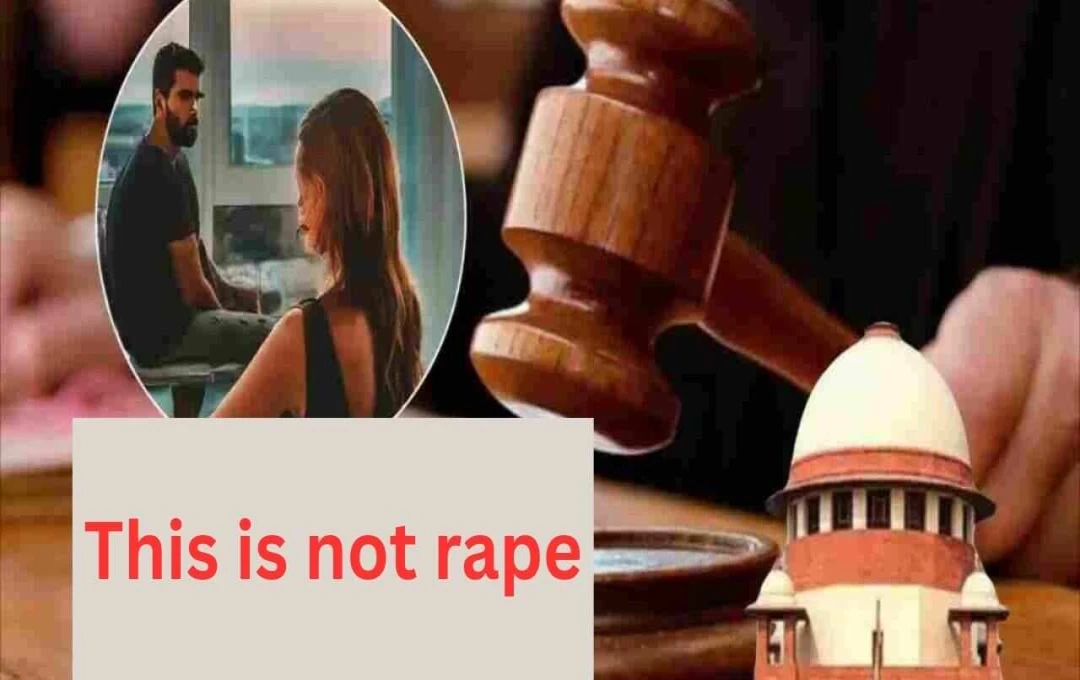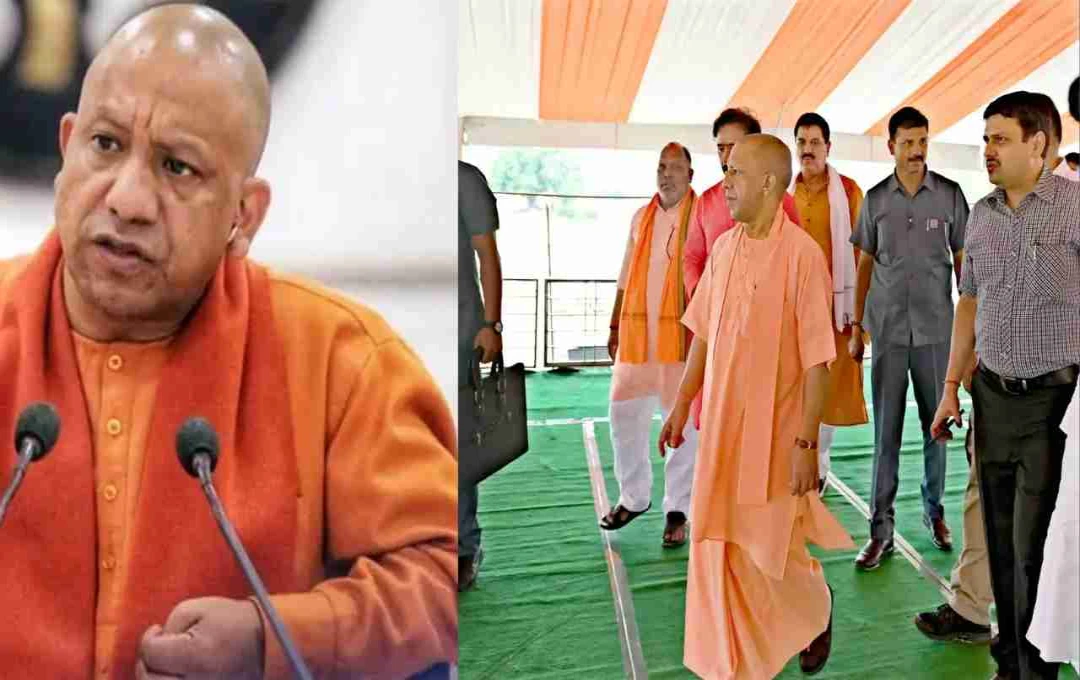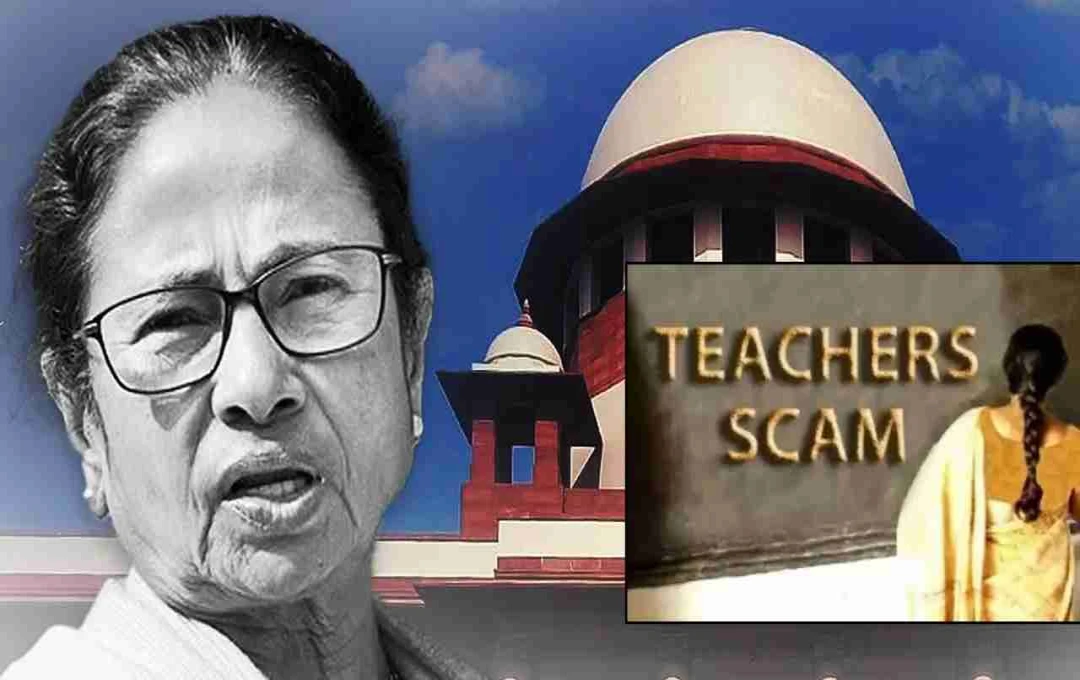The Supreme Court has expressed grave concern over the rising trend of registering rape cases based on false promises of marriage. The court stated that in light of evolving societal morals and norms, the breakdown of relationships should not automatically constitute grounds for accusations of sexual assault.
New Delhi: The Supreme Court voiced serious concerns regarding the increasing number of rape cases filed based on alleged broken promises of marriage. A bench comprising Justices M.M. Sundresh and Rajesh Bindal expressed its opinion on this matter on Wednesday. The bench stated that relationship breakdowns and separations should ideally not serve as the basis for rape charges against men. The court specifically advised caution in such cases, particularly in the context of changing social and moral values.
Supreme Court's Observation in the Changing Social Landscape
The bench of Justices M.M. Sundresh and Rajesh Bindal, in a significant ruling on Wednesday, stated that the deterioration of a relationship and the failure to marry cannot automatically constitute grounds for registering a rape case. The court emphasized the need to view such cases through the lens of evolving societal norms and moral values.

The case stemmed from a petition filed in the Supreme Court seeking the quashing of rape charges. The petitioner claimed that his former fiancée accused him of rape after their engagement ended. The woman alleged that a false promise of marriage led to the sexual relationship.
Questioning the Woman's Discretion
After hearing the woman's arguments, the court observed that she was an adult in the relationship and should have exercised her own discretion. The Supreme Court also highlighted the fact that the woman had engaged senior advocate Madhavi Diwan to represent her, indicating that she could not be considered naive or inexperienced.
The Supreme Court clarified that there is a tendency to automatically deem the man guilty in such cases. The court stated, "We cannot view this from a purely one-sided perspective. We must avoid bias towards any particular gender." The court emphasized that if a similar situation were to arise within their own families, a holistic perspective should be adopted. The judges urged society to move beyond outdated thinking and consider both sides impartially.
Supreme Court's Strong Message

The court stated that while relationship dynamics are subject to change, this does not justify the automatic filing of rape charges following every separation. This trend not only burdens the judicial system but also hinders the pursuit of justice for genuine victims.













